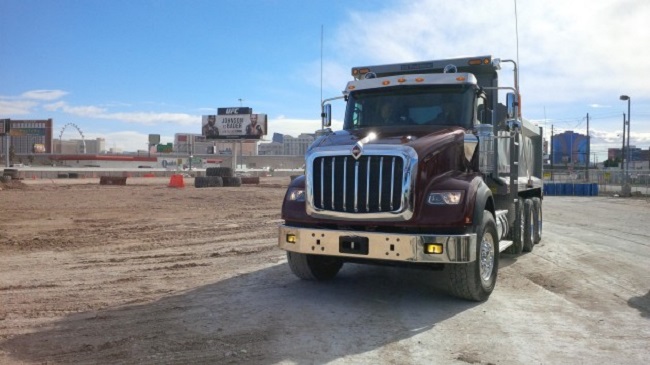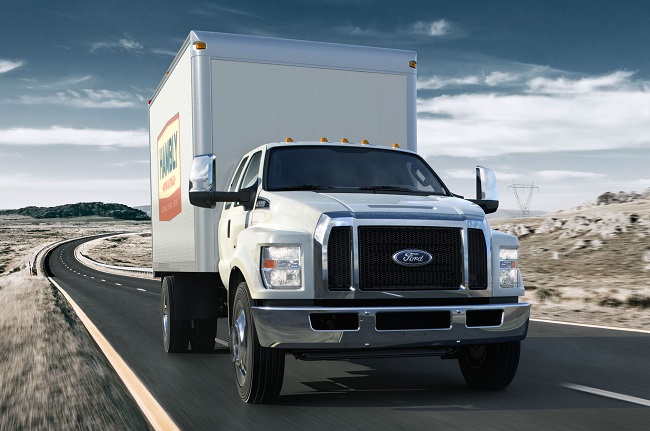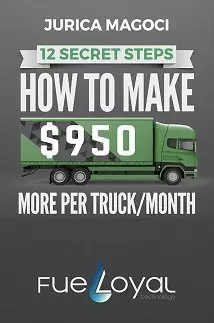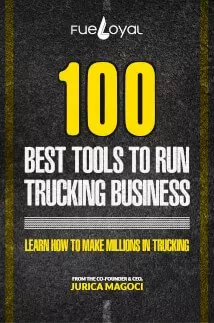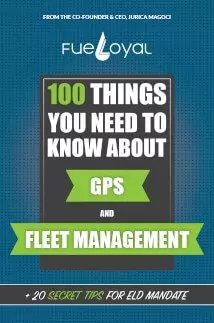In today article we are going to speak about medium duty trucks and their importance. Anyone who has worked in the trucking or related commercial vehicle industry knows there are many aspects to this industry. Some of them are obvious while others are not. But most are concerned with the freight. Oh, sure you can look at licensing and training, insurance, customers, locations, and such, but first you need to consider the actual cargo that you will be transporting.
LEARN 12 SECRET STEPS HOW TO MAKE $950 MORE PER TRUCK / MONTH
Hey! I'm George J.Magoci and I will send you a FREE eBook where you can learn 12 secret steps how to make $950 more truck/month.
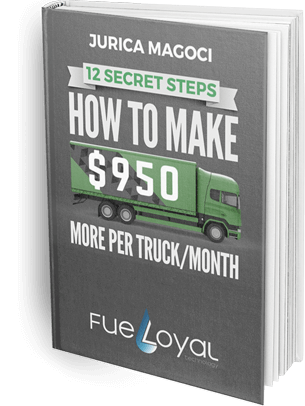
Why would I say that? What about drivers, support staff, competition, regulations, safety, truck maintenance, and the million other concerns that is associated with this, or any other, industry? All of them are valid points and do need to be considered. But in connection with all of those is the actual freight. After all, that’s what your trucks and drivers do, they haul freight.
Source: www.automobilemag.com
Imagine you go out and find a good customer, then work out the appropriate agreements, but didn’t discuss the cargo to be hauled? So now you show up with a flatbed for frozen fish or a reefer to haul a bulldozer. What are you going to do?
